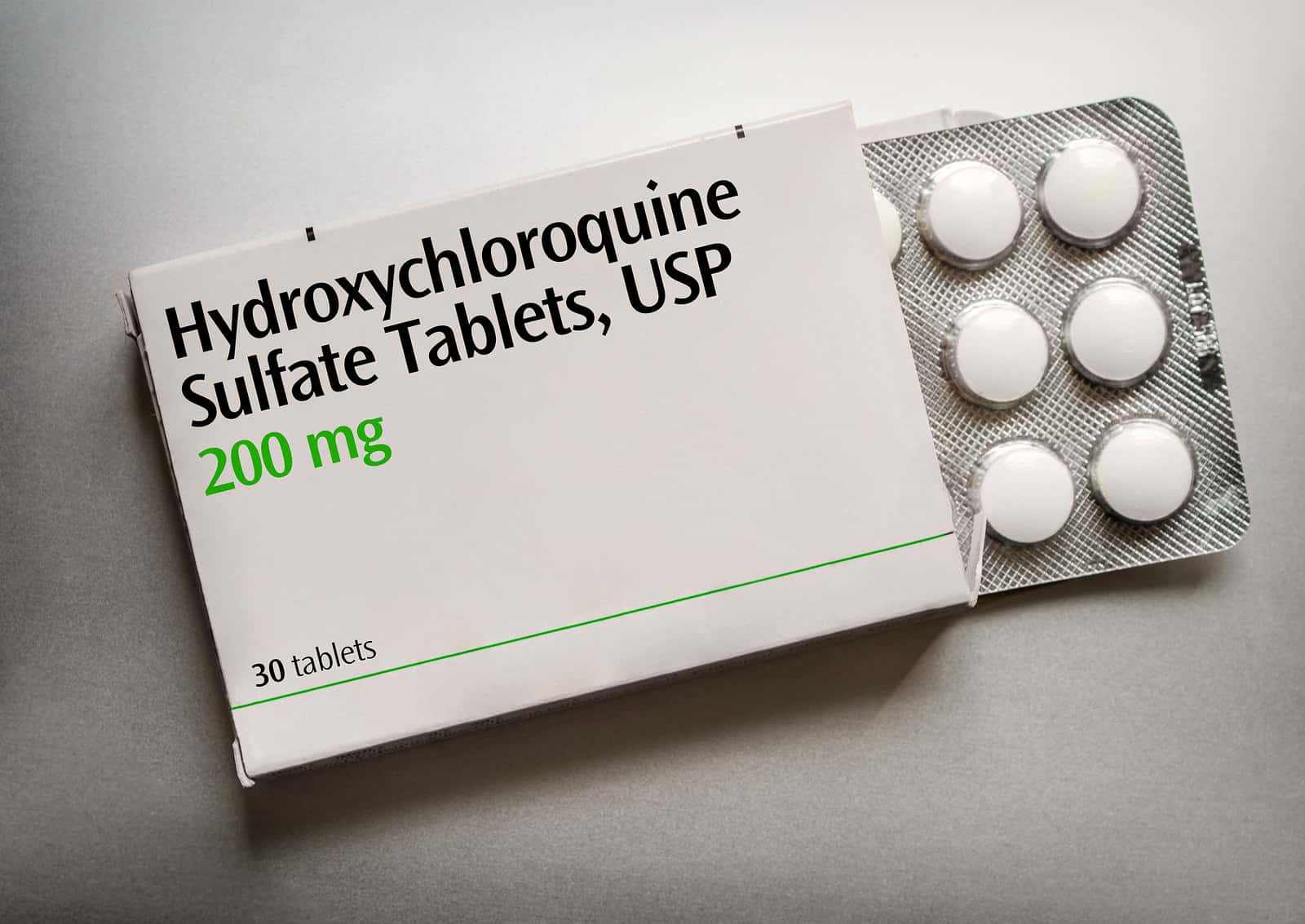
Few drugs have generated as much controversy as hydroxychloroquine (HCQ). This very old medication has been used to treat lupus, rheumatoid arthritis and malaria. Hopes were raised that it might be able to speed recovery from COVID-19. But disappointing news on hydroxychloroquine was just published in the New England Journal of Medicine (May 7, 2020).
New York Hospital Data Now Available:
Between March 7 and April 8, 2020, patients who tested positive for the SARS-CoV-2 virus at NYP and CUIMC were eligible for this study. NYP stands for New York—Presbyterian Hospital and CUIMC stands for Columbia University Irving Medical Center.
A total of 1,376 patients actually participated. Of that total, 811 received a standard protocol for hydroxychloroquine (600 mg twice on the first day and then 400 mg daily for the next five days). Half the patients who received HCQ got it within 24 hours of arriving at the hospital. 86% received their first dose with 48 hours of admittance.
Timing is important. That’s because the flamboyant French researcher, Dr. Didier Raoult, has encouraged his colleagues to administer the drug as early in the SARS-CoV-2 infection as possible. You can read about his research at this link.
The Envelope Please!
The authors conclude:
“In this analysis involving a large sample of consecutive patients who had been hospitalized with Covid-19, the risk of intubation or death was not significantly higher or lower among patients who received hydroxychloroquine than among those who did not. Given the observational design and the relatively wide confidence interval, the study should not be taken to rule out either benefit or harm of hydroxychloroquine treatment. However, our findings do not support the use of hydroxychloroquine at present, outside randomized clinical trials testing its efficacy.”
Plain English Please:
OK, that’s a bit technical. The bottom line is this:
In the latest study, hydroxychloroquine neither helped nor hurt patients with COVID-19. It did not reduce the risk of intubation on a ventilator and it did not speed recovery. It also did not cause lots of fatal heart arrhythmias. The authors did note that:
“Hydroxychloroquine-treated patients were more severely ill at baseline than those who did not receive hydroxychloroquine.”
That could be considered a confounding variable. Remember, the authors state that:
“The study results should not be taken to rule out either benefit or harm of hydroxychloroquine treatment…”
They call for randomized clinical trials. Until those can be carried out, though, the researchers make it clear that hydroxychloroquine should not be used outside of such carefully supervised studies.
The People’s Pharmacy Bottom Line:
The disappointing news on hydroxychloroquine against COVID-19 contradicts a study from France and a small study out of Wuhan, China. The New York City study was, in our opinion, more rigorous. To be published in the New England Journal of Medicine it would have had to meet high standards. It has not yet been fully peer reviewed, however.
We have been anxiously awaiting data from New York City about HCQ. We need additional observational trial results. Several studies are ongoing, and data should be available soon.
We also need randomized clinical trials that eliminate confounding variables, such as the severity of illness prior to treatment. But based on this preliminary study we would have to say that the disappointing news on hydroxychloroquine means the drug is no miracle cure.
Share your thoughts about this article in the comment section below. Please share it with friends and family. We will keep you informed as soon as additional data become available.

